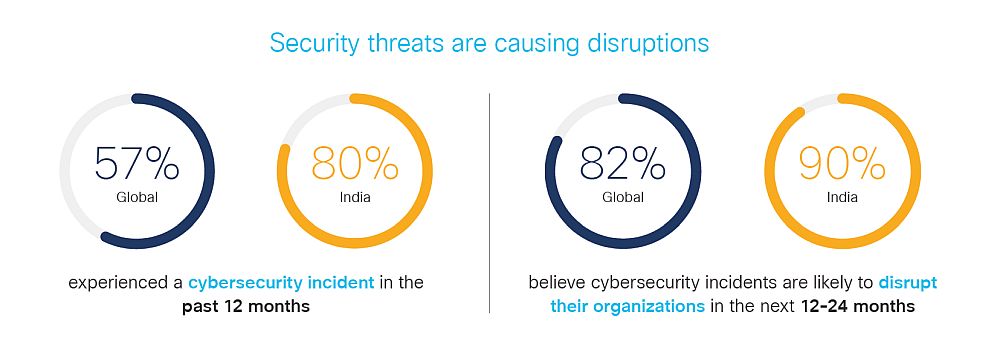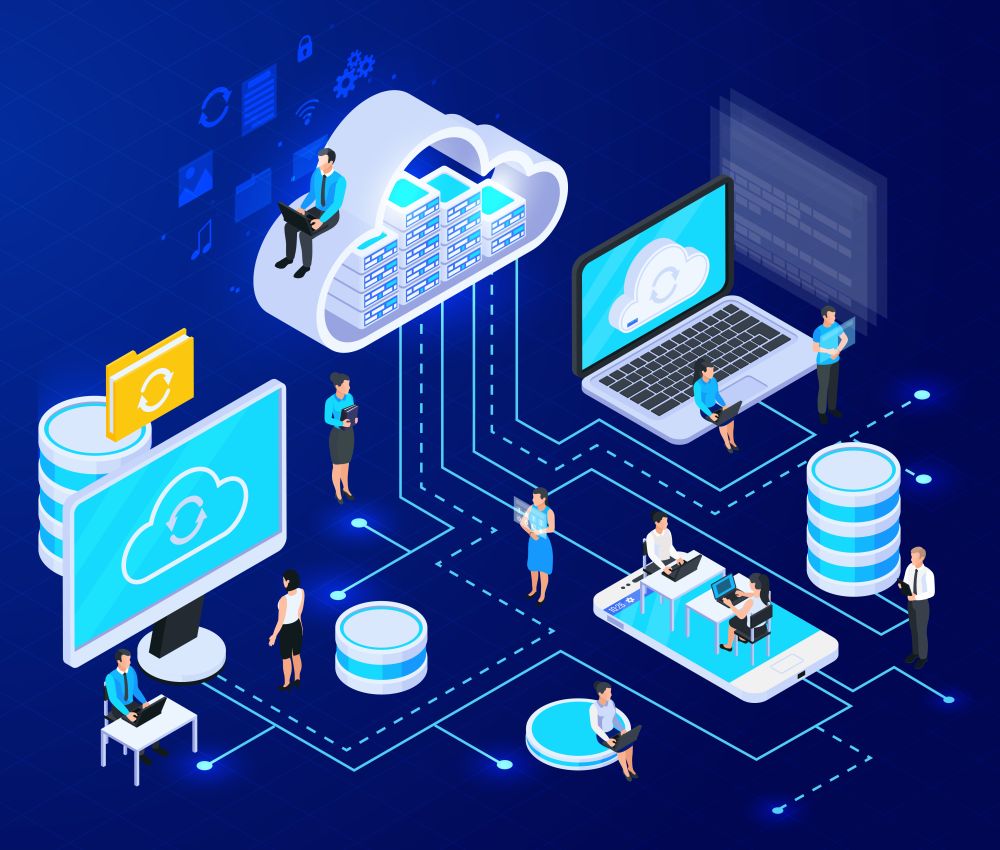India, January 9, 2023 — As hybrid work empowers employees to work from anywhere and ensure business continuity for enterprises, the use of unregistered devices by employees to access work platforms is adding new security challenges for organizations in India, as per a new Cisco study.
According to a recent Cisco survey, over nine in 10 (95%) respondents in India say their employees are using unregistered devices to log into work platforms. About 82% say their employees spend more than 10% of the day working from these unregistered devices.
This risk associated with such a practice is recognized by security leaders, with 95% of respondents in India saying logging in remotely for hybrid work has increased the likelihood of the occurrence of cybersecurity incidents.
See also:
5 Rules Remote Workers Must Follow to Secure their Computing Devices
This scenario is further complicated as employees are logging into work from multiple networks across their homes, local coffee shops, and even supermarkets. About 94% of respondents in India say their employees use at least two networks for logging into work, and 57% say their employees use more than five networks.
The report titled “My Location, My Device: Hybrid work’s new cybersecurity challenge”, surveyed 6,700 security professionals from 27 countries. It highlights concerns of security professionals around the use of unregistered devices and potentially unsecured networks to access work platforms and the risks associated with such behavior.
The findings in this report are taken from an independent survey commissioned by Cisco of 6,700 business and IT leaders with cybersecurity responsibilities at organizations ranging from 10 to over 1,000 employees globally. All interviews were conducted online during August and September 2022, with respondents representing 27 markets, touching every continent other than Antarctica.
The use of unregistered devices is adding a new layer of challenge for security professionals as they tackle complexities in the current threat landscape. About 80% of respondents in India said they had experienced a cybersecurity incident in the past 12 months. The top three types of incidents suffered were malware, data leaks, and phishing.
Among those who suffered an incident, 81% said it cost them at least US$100,000, and 53% said it cost them at least US$500,000.
“2022 has witnessed several ambiguities, both presented as opportunities and risks. While it has accelerated the digital transformation journey of most businesses, it has also disproportionately expanded the attack surface,” said Samir Kumar Mishra, Director of Security sales, Cisco India & SAARC.
Today, disruption is happening faster than ever. It calls for a re-evaluation of the cybersecurity architecture to ensure that predictivity and intelligence are embedded at the core providing real-time visibility into distributed applications, security, networks, users, and services. Security resilience, preparedness, and response must be at the forefront in order to navigate through the intensifying threat landscape in 2023,” he added.
The report also found 90% of the security leaders in India stating that cybersecurity incidents are likely to disrupt their businesses over the next 12-24 months. The bright side is that they are gearing up to protect themselves from internal and external threats.
With the challenges well recognized, 95% of security leaders in India expect their organization to increase its cybersecurity budget by more than 10% over the next year, and almost all (99%) expect upgrades to IT infrastructure within the next 24 months.












